Ask yourself these six questions as you consider whether to buy a home in a vacation destination — and move there full-time.
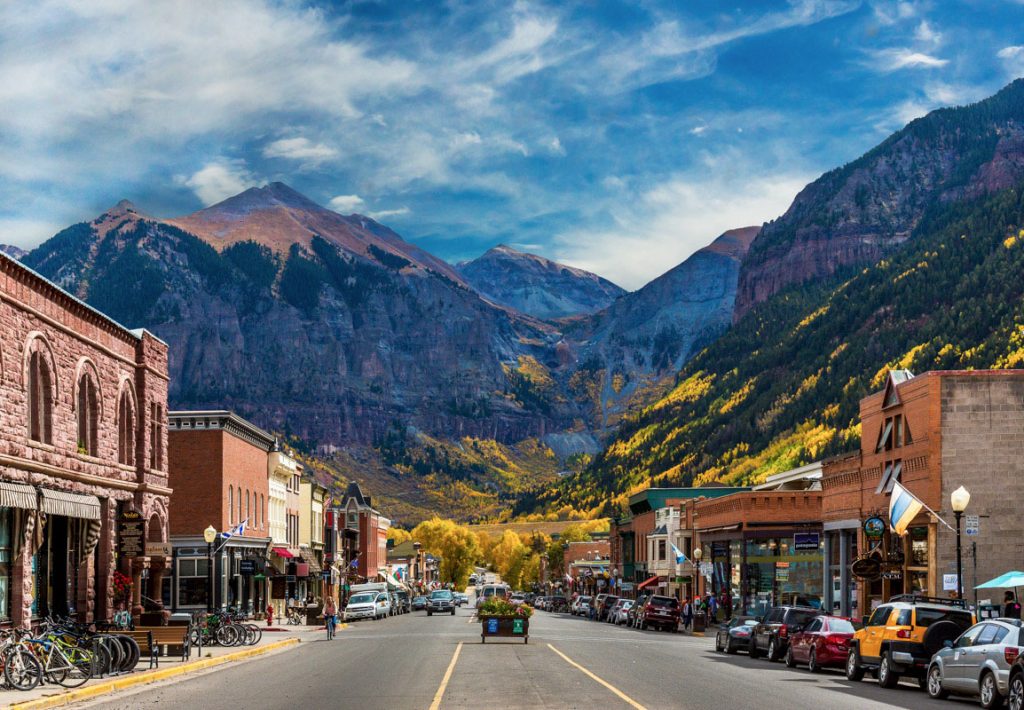
With more remote work options and greater emphasis on outdoor living, it is no surprise that popular travel destinations — from Tahoe to Tempe — have been among some of the most popular places viewed on Zillow. If you’ve been browsing listings in these areas and have found yourself contemplating buying a vacation home, you may be wondering, what is it actually like living in a tourist town?
Dreaming about a move like this can feel like it’s all upside, but before you dive in and commit, here are some key questions to ask yourself.
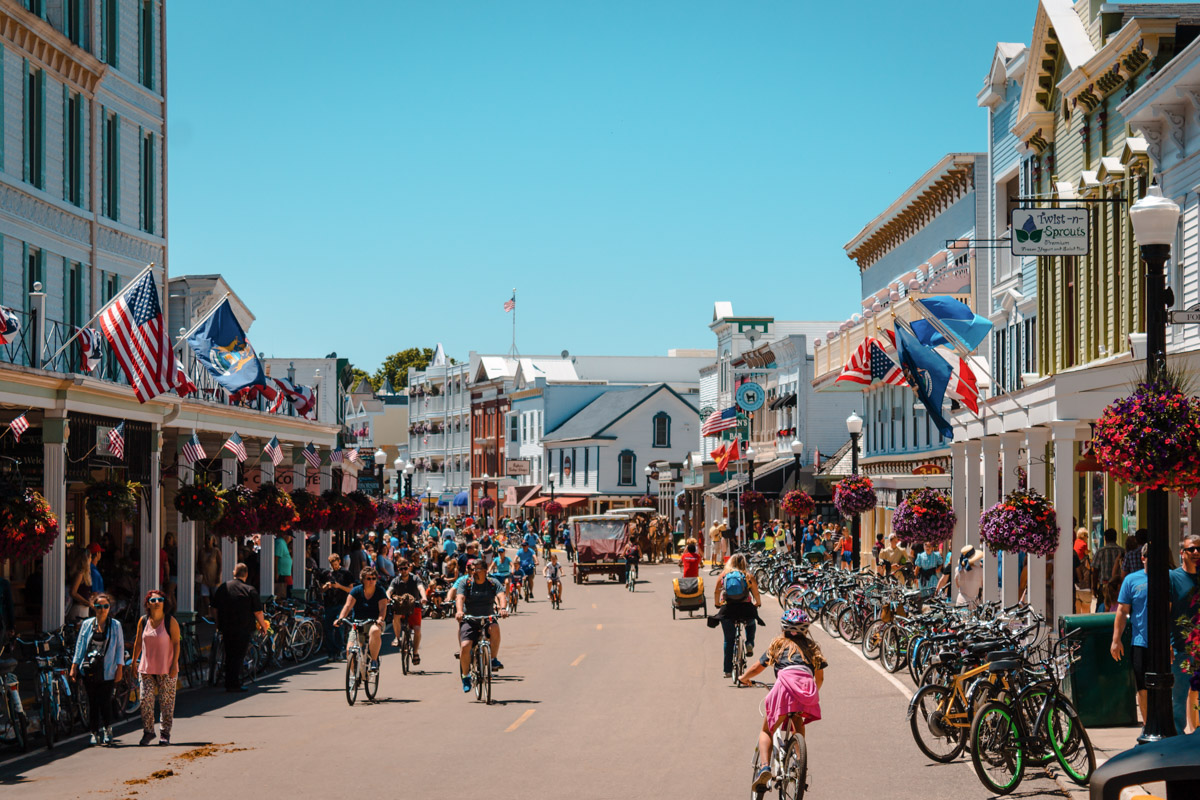
How do you feel about crowds?
Vacation towns are vacation towns for a reason: They’ve got fun things to do in and around them. So when they’re in-season, they’re likely to be crowded. Ready to see the town’s one grocery store wiped out when there’s no delivery service to fall back on? If you’re working a typical nine-to-five remotely, you may find yourself stuck on the slopes during the weekend, or competing with the throngs for a spot to throw out a towel on the beach.
On the flip side, maybe those crowds represent a business opportunity that you and/or your partner would prefer to your current line of work. Small business web development firm? Tour guide for city slickers? Living in a tourist town might be just what you’re looking for.
Can you afford a potential bump in property taxes that may come with living in a vacation destination?
Unsurprisingly, property taxes are dictated by where the property is located and how much assessors think it’s worth — and they can often be higher when you’re living in a resort community or vacation destination. But other variables complicate the matter. Cities, counties, and school districts all carry the power to levy taxes against properties within their boundaries. Still the high property values in tourist destinations don’t always translate into higher property taxes. A little research will help you make a more informed decision.Tip: When available, Zillow listings feature Price and tax history. Look for it under the Home value heading. For a deep dive into data on home values, home value forecasts, and more, check out the Zillow Home Value Index.
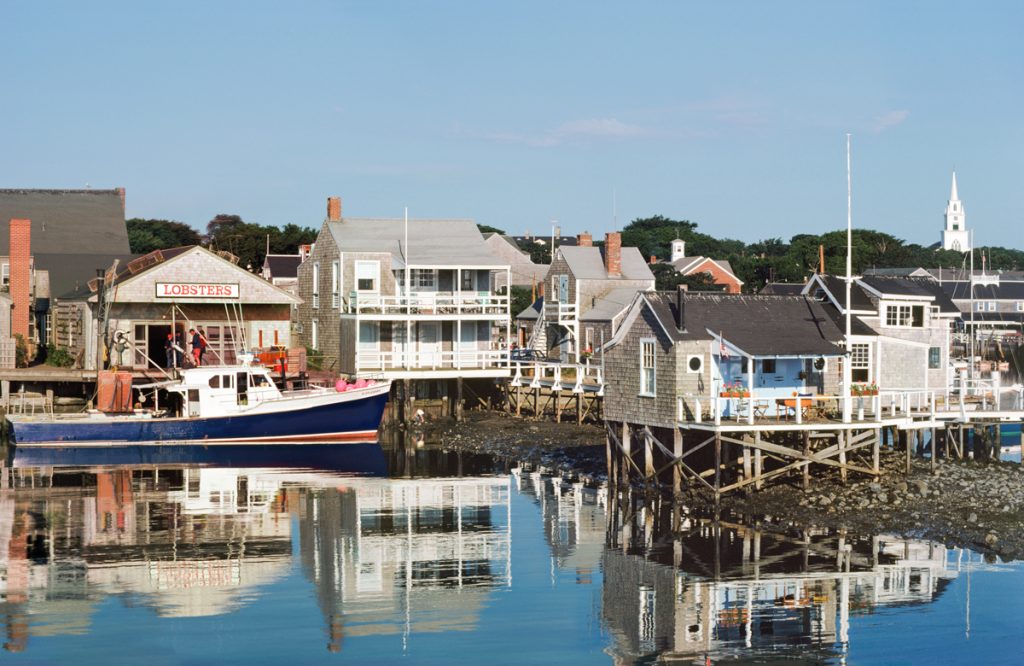
Could a natural disaster or climate change impact the area?
Is your desired beach town at risk for tsunami? What about rising sea levels? Or, if your vacation destination is near the slopes, is it experiencing snowfall changes? How vulnerable is the area to wildfire? What will these risks mean for your home insurance coverage and affordability, and what will they mean for property values? In 2022, these questions are a necessary part of the equation when considering moving to a vacation town.
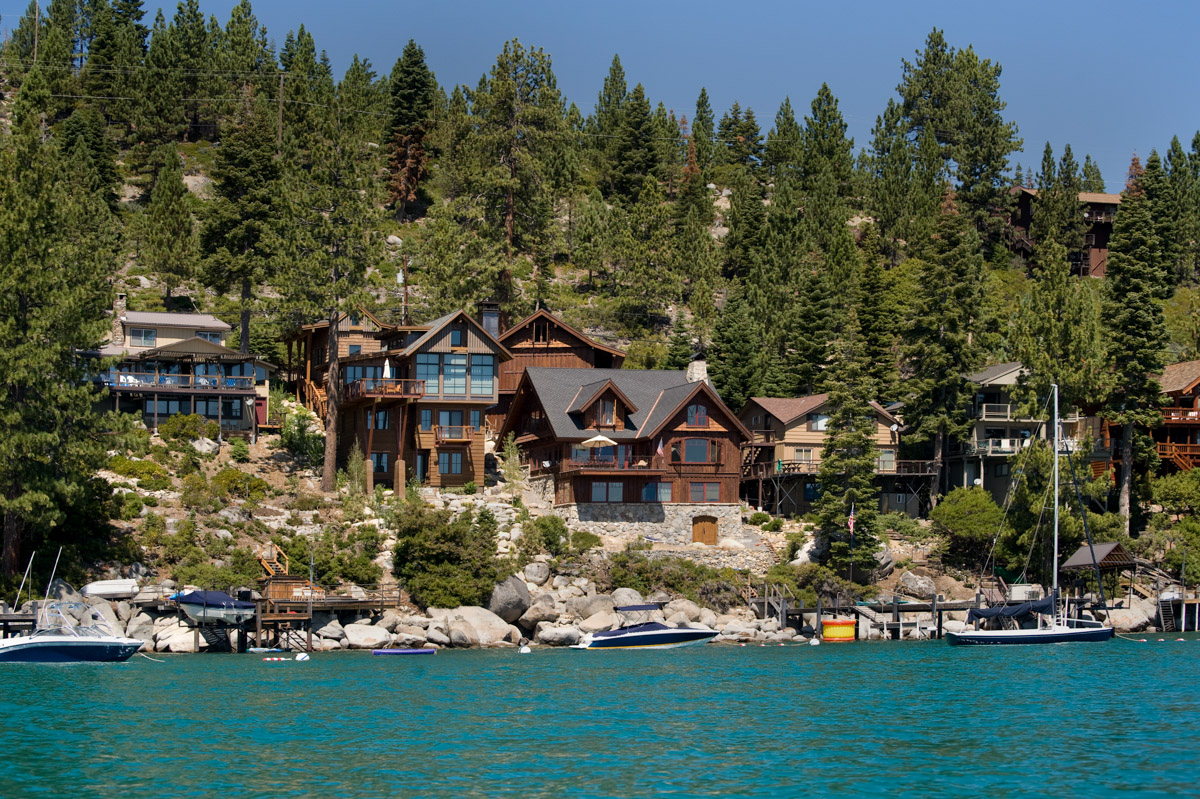
Can you work remotely?
Is your vacation town in a rural area? Millions living in rural America still struggle with reliable internet connectivity. If you’re working remotely and spend lots of time on video conferences, spotty internet will be an issue. If possible, ask around. Check the reviews on third-party platforms. Will the local internet service provider have you dialing up like it’s 1999? Areas close to tourist attractions may have strong internet coverage, but what about further away from those centers?Tip: When available, Zillow property listings link to available internet service providers and speeds, based on the address. Look for Services availability under the Facts and features heading.
What’s the likelihood of off-season isolation?
If you come from a city or the suburbs, what’s the likelihood that you’ll find community among the residents of your desired vacation town? Searching for groups online may give you a sense for the community you might find in the off-season, but there’s no substitute for actually going there. If you’ve got the means, grab a short-term rental in the off season and do a test stay. Go out and talk to folks. Do people seem friendly, or are they liable to see you as a permanent outsider — a tourist that never left. Community and belonging are too important to your well-being to ignore when you’re deciding where to live.
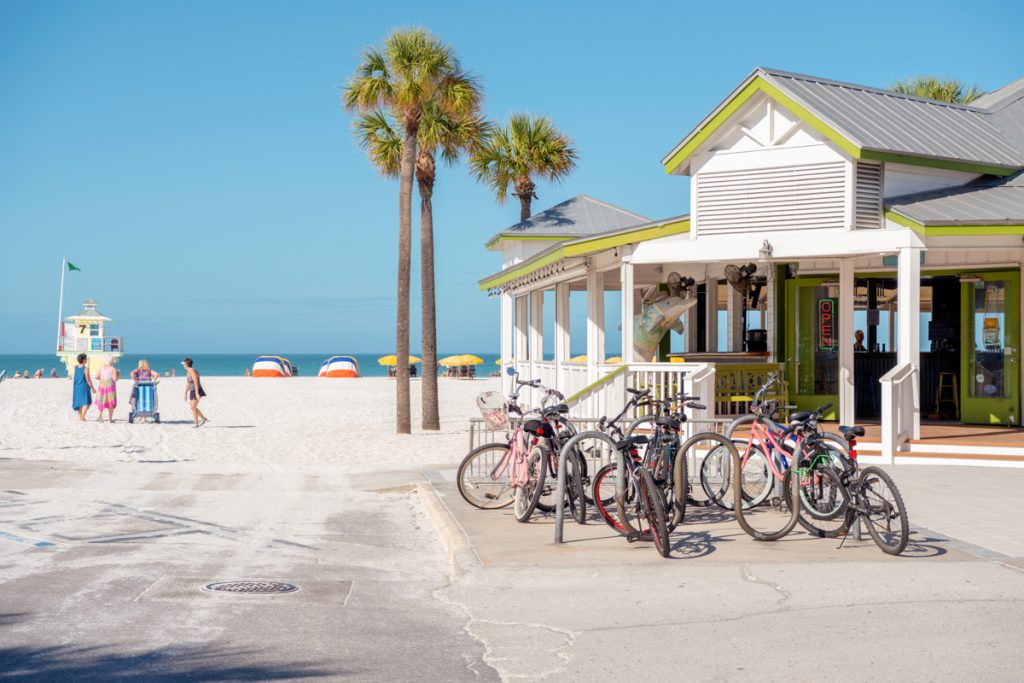
What if I buy and don’t love living in my vacation town?
If you’ve bought a home in a vacation town and then have a change of heart, there may be an option to convert your vacation home to a rental property. This is something you’ll want to verify beforehand, as it’s sometimes prohibited by homeowner associations or other authorities. If allowed, this can be an attractive escape hatch if living in your vacation town doesn’t pan out like you’d hoped.
Carefully weigh the pros and cons of becoming a landlord or the costs of outsourcing that work, which can cost between 7% and 10% of the monthly rent — but may cost more if they charge additional fees. If you go this route, here are nine tips for being a long-distance landlord. Finally, there’s another option that some first-time buyers take: Buy in a vacation area and continue renting somewhere else.
You’ve likely got questions that are specific to your ideal vacation-town life. Ask them alongside these. Then put together a pros-and-cons list for living in a tourist town. You may just find you can make your dream a reality.

